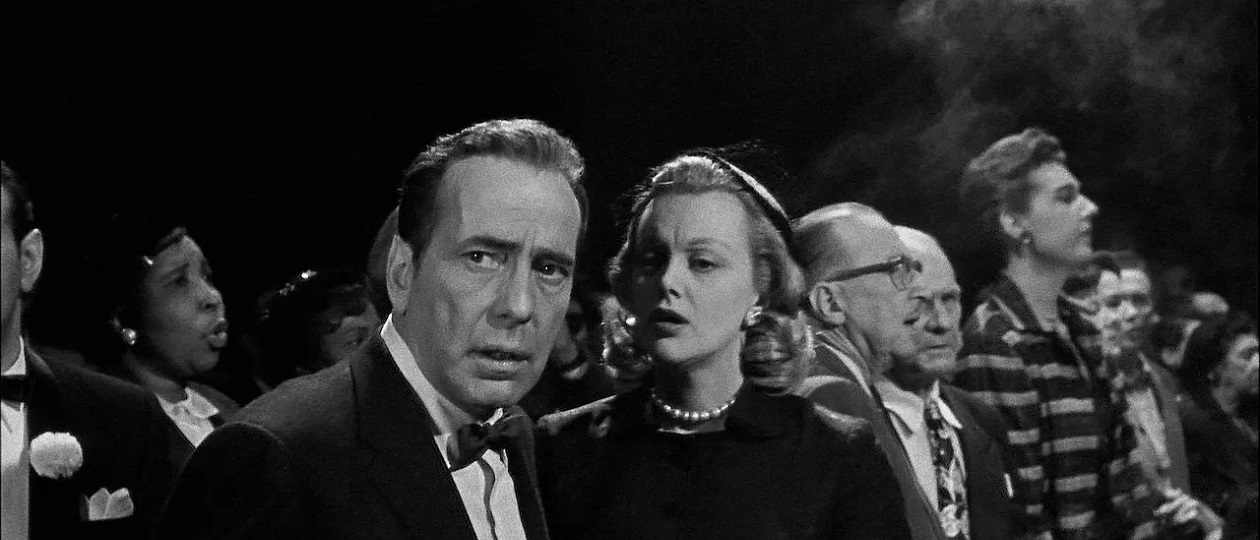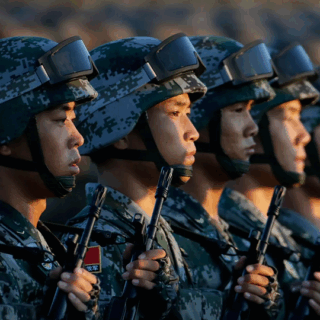
I often think about what it is like to create something with full effort, being on the threshold of death.
We are all doomed to it, of course, but we drown out thoughts about it with the vanity of life, work and idleness, feelings and entertainment. But when it has already knocked on the door, and you want to finish an important task — how to save face, not fall into hysterics and not fall apart, but on the contrary. Subordinate yourself to iron discipline and force yourself to work on a complex thing, so that it is not abandoned.
And so Bulgakov, standing with one foot in the grave, works in Moscow on “The Master and Margarita”. Consumptive drunkard Fitzgerald works on “The Last Tycoon” (but does not have time to finish it). And Mark Twain thoughtfully and thoroughly dictates his multi-page autobiography and strictly orders that it be published in full only 100 years after his death.
How to maintain such fortitude? I don’t know — and I wouldn’t want to find out. But it seems that those who maintain it manage to achieve some kind of crystal clarity in their last work. A feeling of omnipresence. A final answer.
Humphrey Bogart’s last film, “The Harder They Fall” (directed by Mark Robson, 1956), is a phenomenon of the same sort. Bogart agreed to play the lead role already knowing that he was terminally ill with esophageal cancer. But this did not affect his professionalism in any way: he arrived on set on time, knew the lines, gave his partners the opportunity to get close-ups (Rod Steiger was especially grateful to him for this), and fulfilled all the director’s requirements.
But you can still see the pain in his movements, which the great actor strives to hide behind a mask.
Here, this secret pain is more appropriate than anywhere else. Bogart’s character is another has been, a man who has gone out of print; he was a leading sports journalist for decades, but one day he was fired from the newspaper and left with nothing. He is angry, but tries not to show it; only occasionally does a bitter “I don’t need a paycheck, I need a bank account” burst out of him. He is offended, upset, and does not want to be at his beck and call.
The whole film is the story of his moral decline. He agrees to become a press agent in the service of a criminal boxing club manager (Rod Steiger). He came up with a “plot”: he found a tall fool in Argentina who does not know how to box and take a punch, but wants to use him to make money. According to the plan, he wants to promote the boxer into a star, using the press and bribing opponents — and to make as much money as possible on bets and sales, without leaving a penny for the boxer himself. Bogart’s hero agrees to this dirty business — either having convinced himself that money is more important, or giving free rein to his rage.
The whole film he falls lower and lower. At first he is just a press agent who feeds sweet fairy tales to the press and decorates cities with posters of his “miracle fighter”. But then he is already negotiating with bookmakers. And then he knocks out not a salary for himself, but a share of the deal. He makes an old friend of the boxing commission lie. He persuades a foolish boxer to continue fighting. And even when an inept boxer unwittingly causes the death of his opponent, Bogart’s hero finds the words to convince the fighter to go out for the next fight. The pain breaks through only occasionally: an eyelid twitches, a lip quiver. But then Bogart bites it down and continues this gloomy, some kind of butcher’s business. Only at the last moment does a picture of the fall form before Bogart’s eyes. He saves the boxer, gives him all his money and sends him home to his family. And he sits down at the typewriter — he has just told his former employer that he intends to tell the press about how boxing really works.
He starts typing the article, but you understand that it is a suicide note.
“The Harder They Fall” is staged in great contrast. Not a play of shadows and light, but rather photographs from a newspaper. A report on the brink of life and death.
Rod Steiger recalled that there were days when the director asked Bogart to reshoot some scenes, saying that his eyes were too wet in close-ups. And he willingly did so. Only after Bogart’s death did Steiger realize that the actor’s eyes were wet from tears.





